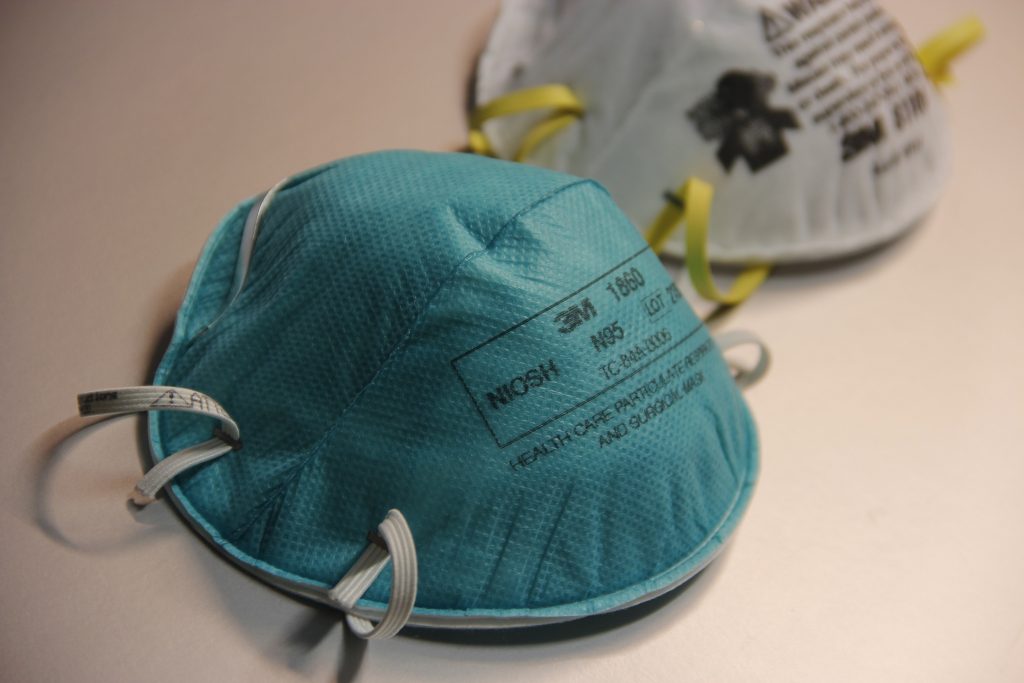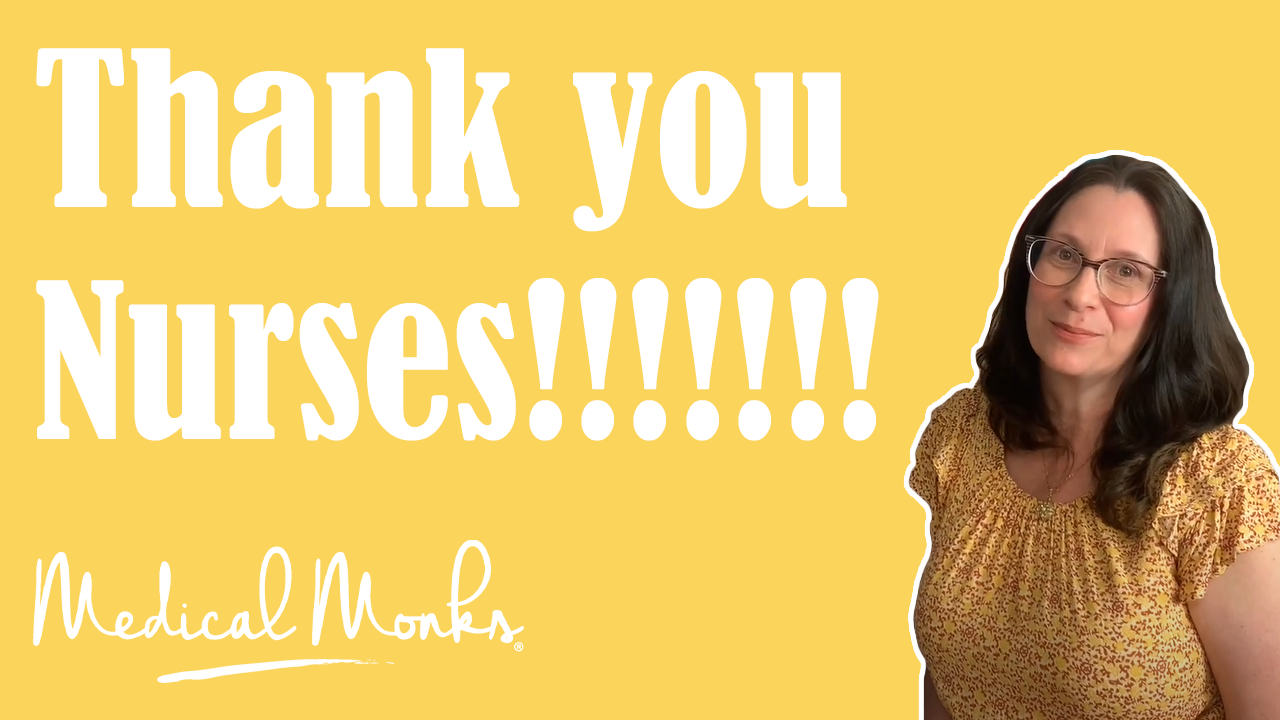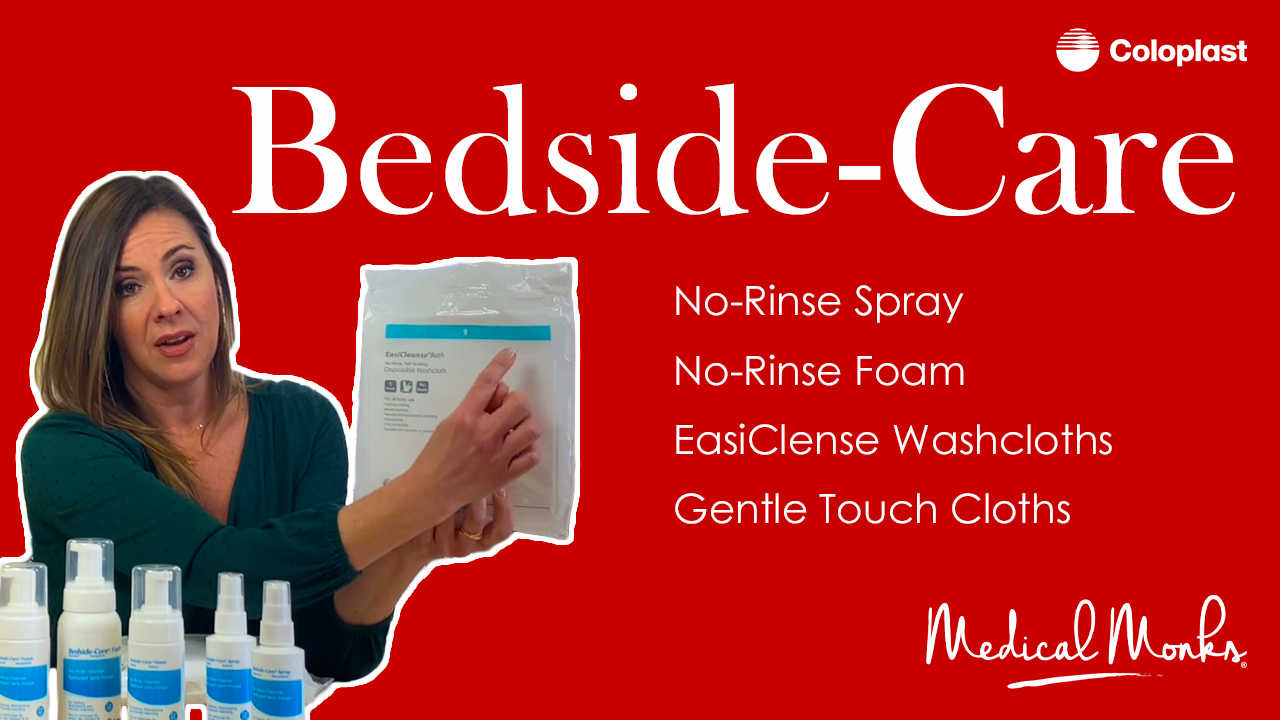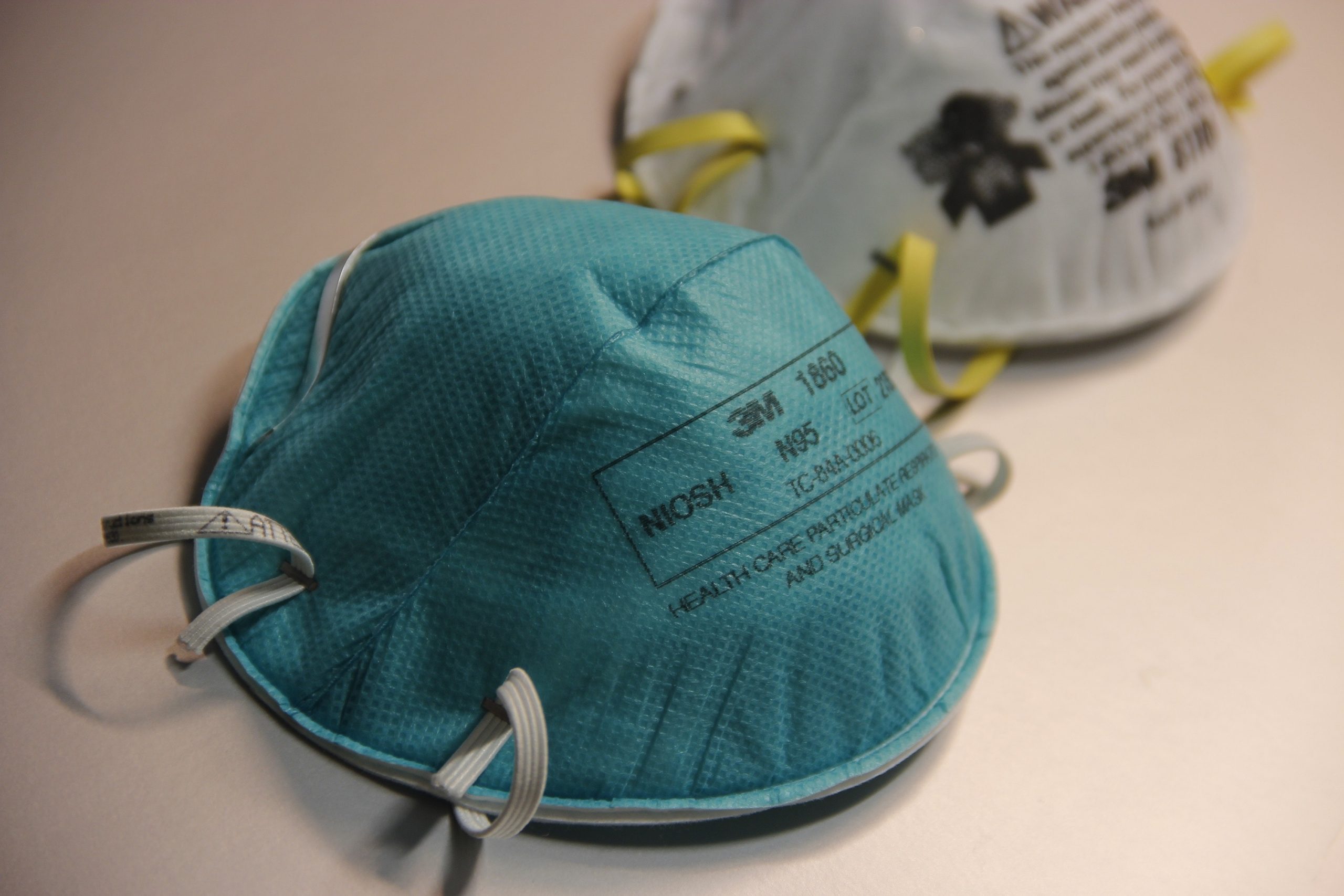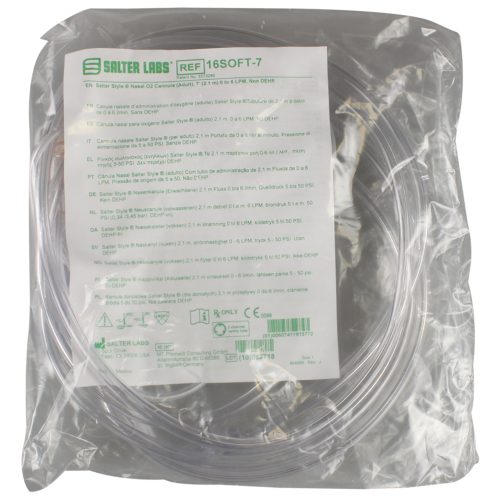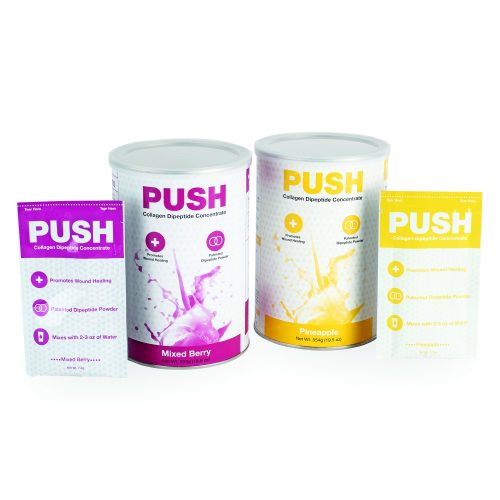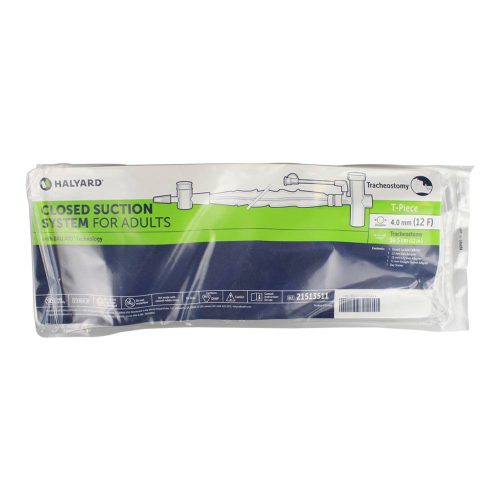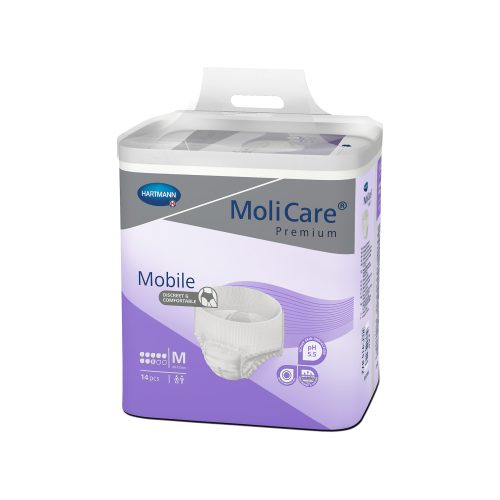In an effort to slow the spread of Covid-19, the Center for Disease Control and Prevention (CDC) recommends the public wear face masks, particularly if they are not vaccinated, will be attending a large gathering or intend to be indoors with unvaccinated individuals.
For people particularly vulnerable to infection, or for those in healthcare settings, surgical masks and N95 respirators are recommended, due to their ability to filter out droplets and other particulates.
How Should a Surgical Mask or N95 Respirator Fit?
On a general level, surgical masks should align with your face’s shape and contours. The closer the mask sits, the less leakage it experiences. Ideally, it should fit securely over the nose, mouth and chin, and you shouldn’t feel any air around these edges. Instead, you should notice air come through the mask when you exhale.
Along with tying the mask tighter, bendable nose strips help achieve this fit.
Surgical Masks
Also referred to as “medical masks,” surgical masks are a disposable solution that helps guard the wearer’s nose and mouth from droplets, sprays and particles in the air, all of which may contain microorganisms.
All surgical masks are regulated under 21 CFR 878.4040 and are available in different thicknesses. Wearing one helps block out certain liquids, including larger droplets, splashes and sprays, and halts viruses, bacteria and other individuals’ bodily fluids before they reach the wearer’s mouth and nose.
However, understand that due to the fit and construction, surgical masks don’t consistently filter out ultra-small particles, nor do they create a seal against others’ bodily fluids and germs. Generally, the closer a mask sits to the wearer’s face, the more reliable the protection it provides. Surgical masks tend to feature a looser design.
Because surgical masks are disposable, they should not be used through multiple applications. Instead, after a day on the job or between locations, you’re recommended to dispose of it in a plastic bag and wash your hands after.
N95 Particulate Respirators
N95 respirators aren’t solely a face mask — they’re considered a piece of personal protective equipment (PPE). This distinction means the CDC, the FDA and the National Institute for Occupational Safety and Health (NIOSH) regulate their performance, and the Occupational Safety and Health Administration (OSHA) considers their usage in regards to employee safety.
Compared to surgical and other face masks, multiple factors set N95 respirators apart:
– The design delivers a closer fit to the face, creating a seal around the nose and mouth.
– N95 respirators provide a greater degree of filtration, including of large and small particles.
– Although N95 masks are intended to be disposable, they can be disinfected for reuse when PPE is limited in supply.
– Certain N95 masks include valves for better breathability. However, this function doesn’t provide the filtration healthcare and other professional settings require, and in turn, these masks should be avoided on the job.
– Certain factors can affect how well an N95 respirator performs — among them, facial hair prevents the mask from creating a close seal with the skin, reducing the amount of protection offered.
– In healthcare settings, N95 masks protect both patients and staff, slowing the spread of microorganisms, bodily fluids and other germ-containing particles.
For finding this degree of coverage, 3M 1860 Health Care N95 particulate masks protect the wearer against airborne biological particles using a collapse-resistant shape, cushioned foam for a more comfortable fit and a metal nose clip. NIOSH and FDA approved, it offers 99-percent Bacterial Filtration Efficiency and complies with ASTM F1862 standards for fluid and splash resistance.
The 1870 N95 mask is a three-fold flat-panel respirator that offers similar filtration benefits with a convenient collapsible design that fits a wider range of face shapes.
A Note on N95 Authenticity
There has been, understandably, some hesitation on the part of many buyers when purchasing N95 masks online. Medical Monks stands behind the authenticity of their 3M masks one-hundred percent. They are sourced from the Monks’ sister company, Mercy Supply Collaborative, who is a licenced and documented 3M distributor.
To Learn More
For more information on mask options, effectiveness and pricing, get help from the team at Medical Monks. They are available on the phone (844-859-9400) and LiveChat from 8am to 7pm eastern time, Monday through Friday. Send email to customercare@medicalmonks.com.
Sources:
https://www.mayoclinic.org/diseases-conditions/coronavirus/in-depth/coronavirus-mask/art-20485449
